L2 learners’ use of communication strategies as affected by the task type
Palabras clave:
Communication strategies, task type, Spanish L2 learners, linguistic demands, cognitive demandsResumen
This study examines the possible effects of the task type on Spanish L2 learners’ strategic communication in face-to-face interactions with other learners and native speakers (NSs) of Spanish. Data was elicited from 36 interactions between Spanish L2 learners and native speakers of Spanish when carrying out two tasks, a jigsaw and a free-conversation activity. The data collection involved video and audio recording, observation of participants’ interactions and stimulated recall methodology. The spoken data was analysed based on Dӧrnyei and Kӧrmos’ taxonomy (1998) and the interactional CSs from Dӧrnyei and Scott's (1997). Quantitative and qualitative analyses were conducted to determine a possible association between CS use and the task factor as well as to identify the task effects. Findings show that there is an association between the task type and the learners’ use of CSs particularly influenced by the jigsaw. It seems that the task focus influences the use of certain CSs in order to fulfil the demands of each task. It was observed that the linguistic demands of the jigsaw and the cognitive demands of the free-conversation affected more the learners’ use of specific CSs.Descargas
Publicado
2018-02-26
Cómo citar
Rosas, M. (2018). L2 learners’ use of communication strategies as affected by the task type. Revista Signos. Estudios De Lingüística, 51(96). Recuperado a partir de https://revistasignos.cl/index.php/signos/article/view/148
Número
Sección
Artículos
Licencia
Aquellos autores que tengan publicaciones con esta revista, aceptan los términos siguientes:
- Los autores conservarán sus derechos de autor y garantizarán a la revista el derecho de primera publicación de su obra por medio de este documento de cesión de derechos de autoría, el cuál estará simultáneamente sujeto a la licencia de reconocimiento de Creative Commons que permite a terceros compartir la obra siempre que se indique su autor y su primera publicación esta revista.
- Los autores podrán adoptar otros acuerdos de licencia no exclusiva de distribución de la versión de la obra publicada (p. ej.: depositarla en un repositorio institucional o publicarla en un volumen monográfico) siempre que se indique la publicación inicial en esta revista.
- Se permite y recomienda a los autores difundir su obra a través de Internet (p. ej.: en publicaciones institucionales o en su página web) antes y durante el proceso de envío, lo cual puede producir intercambios interesantes y aumentar las citas de la obra publicada. (Véase el efecto del acceso abierto).










